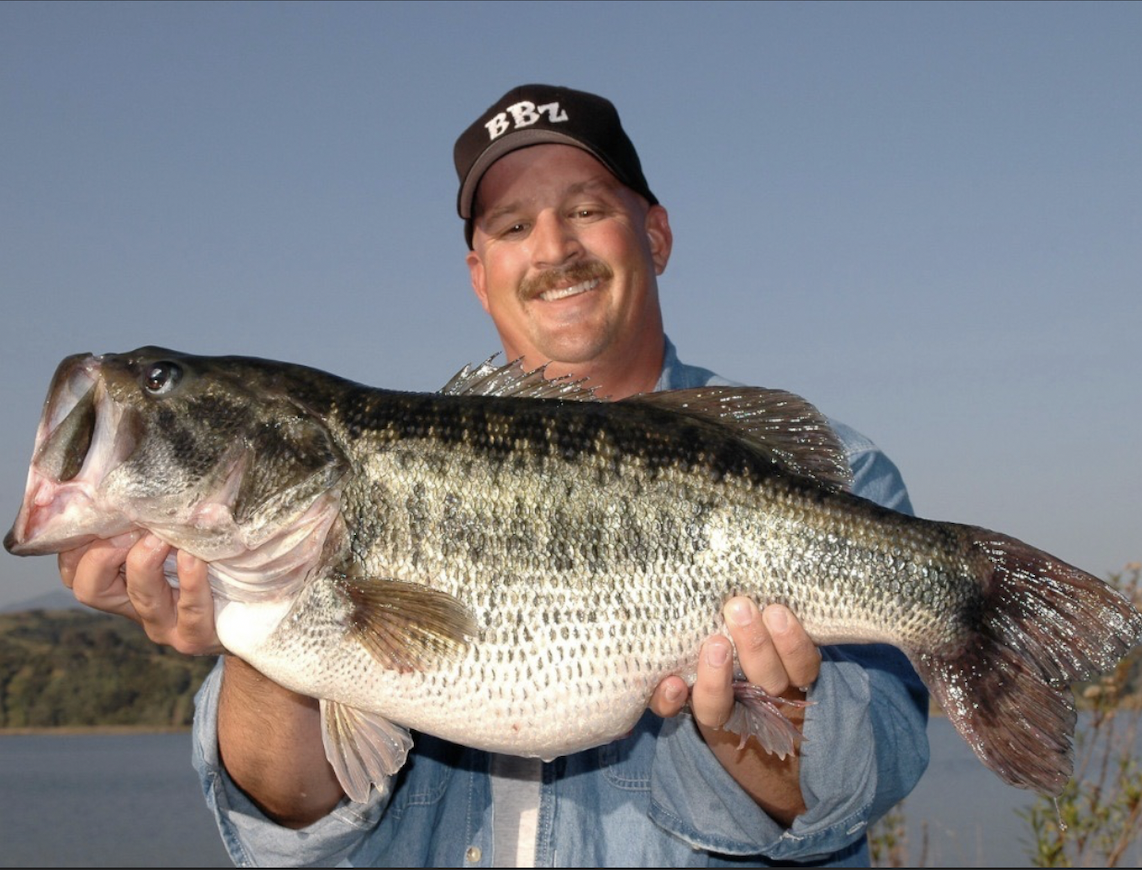COLOMBIA BANS CATCH-AND-RELEASE SPORTFISHING
You may only fish locally here in the United States, but an almost unreported development in Colombia, South America is still worth your attention as a sportfisherman. Seems Colombia just did something really surprising to discourage sportfishing – It more or less closed it.
I say more or less because, technically, it didn’t close all recreational fishing. What it did was outlaw catching fish and returning them to the water, or what we call catch and release fishing, a widely-recognized triumph of conservation.
To get your mind around a decision this strange it helps to know the decision was not made by elected leaders in Colombia but by the Constitutional Court in that country, which is a rough equivalent of our Supreme Court.
The court took the step because catch and release fishing, like bull fighting, involves what it calls unnecessary cruelty to animals. The pain of hooking a fish is not justified, the judges opined, unless you are going to eat the critter.
This line of thought was developed by the Green Party in Europe that wields considerable influence in quite a few countries, including Switzerland and Germany where catch and release fishing has been banned for years.
A ban in those two countries has not had much impact on sportfishing but it will have a major negative impact in Colombia with its scores of jungle rivers and nearly 2,000 miles of coastline with enormous sportfishing potential.
The closure may also unleash a wave of similar thinking across South America and north to Mexico, where a lot of Americans go to fish on vacation.
At this writing, fortunately, it is not clear the Colombia court decision will survive long enough to be enacted in just under a year. Lawyers have already been quietly engaged to fight the decision, but insiders say nothing of consequence will be decided until after the upcoming presidential election.
A leading candidate, Gustavo Petro, is a leftist extremist with very green visions for the future of Colombia. If he wins, some version of the court edict banning sportfishing will likely come into effect. If he loses, there is a good chance it won’t survive.
Whatever happens in Colombia, this move should be seen as a shot across the bow of what we love to do as fishermen. The Animal Rights Movement is on the move worldwide. Just ask hunters who travel for their sport.
In recent years their horizons have been drastically shrunk and those of anglers may be, as well, if we don’t push our favorite fishing-related conservation organization to take up this banner, affiliate with like-minded sister organizations, and present our side of the argument, particularly considering the millions of tourist dollars at stake in many countries which very much need the flow of foreign dollars.
Editor’s Note: Don Causey is former executive editor of Outdoor Life Magazine and has owned several well-known outdoors informational web services.


